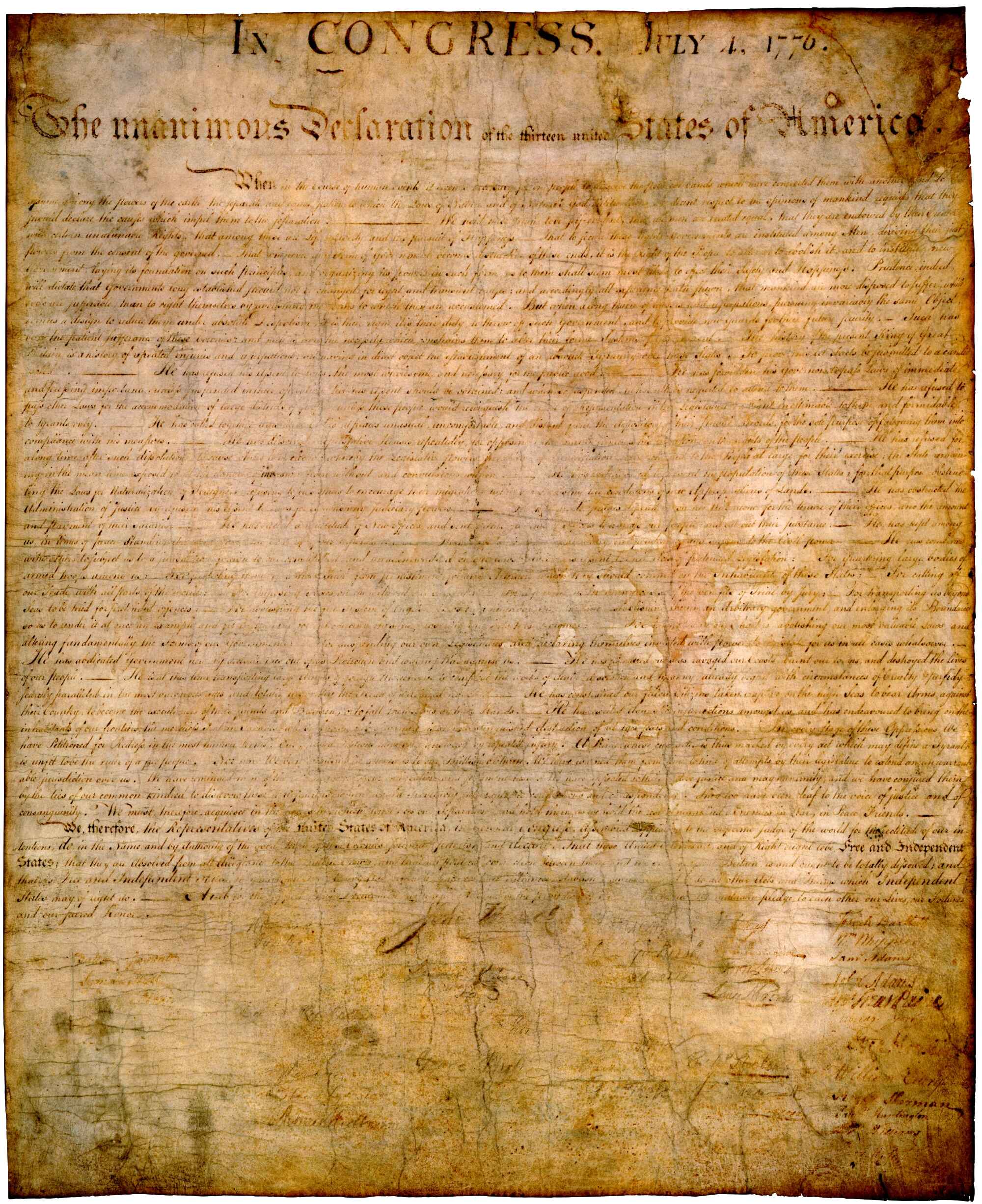In The Begining...
 So the story begins after a century and a half Britain, the mother
country, and the North American colonies, her children, were as close as
a parent and children could be. What happened to change that
relationship. Perhaps the colonies outgrew childhood and wanted the
independence and enjoy their "adult life".
So the story begins after a century and a half Britain, the mother
country, and the North American colonies, her children, were as close as
a parent and children could be. What happened to change that
relationship. Perhaps the colonies outgrew childhood and wanted the
independence and enjoy their "adult life".The trouble began after the French and Indian War, which left Britain with tremendous debt. Why shouldn't the colonists pay some of that debt? To the colonists, the answer was easy: They shouldn't have to pay for it because they had no representation in the British Parliament that levied the taxes for the colonists to pay.
To be subject to laws in which they had no voice amounted to tyranny. Tyranny was exactly what many colonists, or their parents or grandparents, had risked all to escape. The colonists, even those who had not come from England, expected all the rights of Englishmen. They expected most of all the freedom to govern themselves.
Parliament tried to tax sugar and tea. It tried to place a stamp tax on all printed documents. The colonists resisted these taxes with increasing vehemence. Citizens of Boston emptied British tea into the harbor. Britain responded with more oppressive acts, which only served to unite the colonies. The First Continental Congress met in 1774 to draft a formal protest.
In 1775, Patrick Henry expressed the indignation of many who until this time considered themselves British subjects. He called for colonists to place their loyalties and their lives on the line for liberty.
That is exactly what the delegates to the Second Continental Congress did on July 4, 1776. By then, colonists had died for the Patriotic cause at Lexington and Concord. Fifty-five men, representing the thirteen colonies, placed their signatures on the Declaration of Independence, Thomas Jefferson's immortal document.
In signing, they risked their lives and fortunes. Never before had colonies thrown off the rule of a mother country. Thomas Paine expressed the spirit of the American Revolution: "We have it in our power to begin the world again." What a history, huh? :)

No comments:
Post a Comment